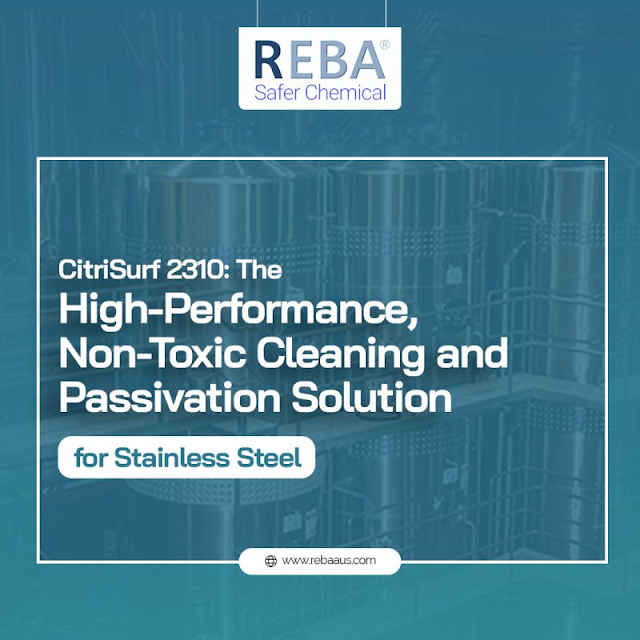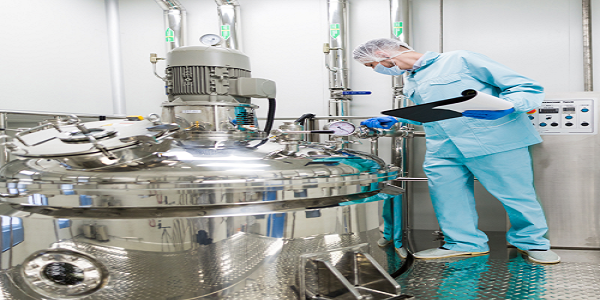Ensure Easy Rust Removal from Stainless steel
When compared to tools or mild steel, stainless steel is known for its corrosion resistance. Contrary to popular belief, it is stain “less” rather than stain-proof steel. Unfortunately, even stainless steel can corrode in a variety of environments, ranging from light tea staining to flaky, thick rust.
Owners of stainless steel tools, railings, tanks, sinks, grills, appliances, sculptures, boat hardware, and other items that have developed an unsightly layer of rust may become alarmed by this. Rust Removal from stainless steel thus becomes a crucial question. The good news is that, with the right precautions, rust on stainless steel can be simply removed and avoided altogether.
Surface iron contamination that was gathered during or after manufacturing and the alloy structure change along the heat-affected zone of welds are two of the most frequent causes of rusting on stainless steel. These corrosion occurrences should be protected with appropriate passivation, but they are occasionally disregarded. Additionally, even properly passivated stainless steel can still succumb to rust due to chloride formation caused by harsh chemicals like muriatic acid as well as long-term susceptibility to extremely corrosive environments like marine areas, swimming pools, winter ice-melting salts, or repeated cleaning with bleach-based cleaners. Frequently rinsing with clean water is helpful in these circumstances to remove the chlorides from the surface, but regular re-passivation is also advised to keep the stainless steel in good condition and looking nice.
If corrosion develops, whether it only causes a slight "tea staining" discoloration or full-fledged rust, it must be addressed as soon as possible. Corrosion will only get worse with time and may even cause very serious pit corrosion.
Using a variety of chemicals, grinding, abrasives, blasting, etc., to remove the rust from stainless steel is not at all difficult. The crucial issue of passivation, which helps shield the stainless steel from future corrosion, is not considered by these methods. The removal of the rust is the most crucial step in the process because efforts to do so seem ineffective if it returns quickly.
Products used in the process of stainless steel rust removal:
Numerous environmentally friendly CitriSurf products containing citric acid as the primary ingredient simplify the process by completing both tasks in a single treatment, ensuring that the stainless surface remains spotless and appealing for as long as possible. Passivation with Citric Acid is thus quick, easy, safe, and inexpensive. You can maintain the functionality of your equipment for many years to come now that you understand what rust removal from stainless steel is and how it works.




Comments
Post a Comment